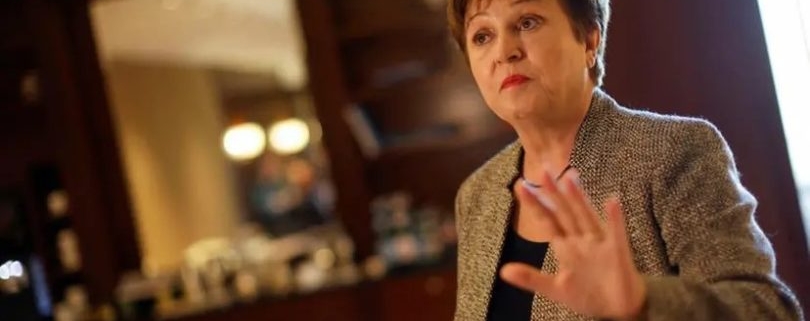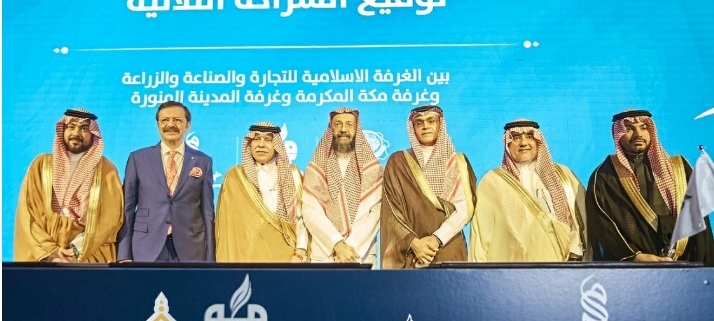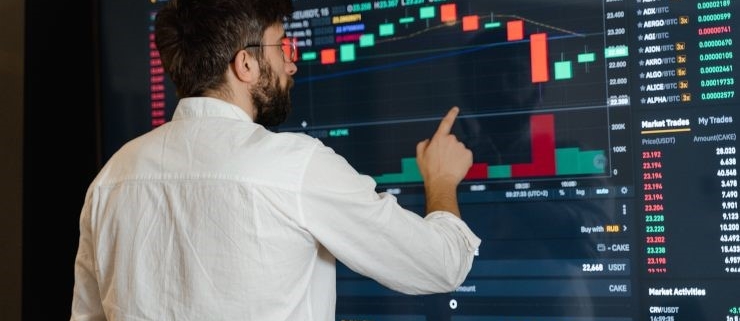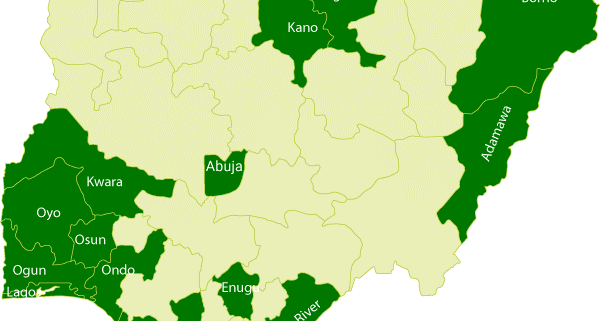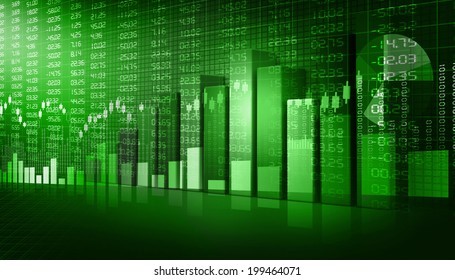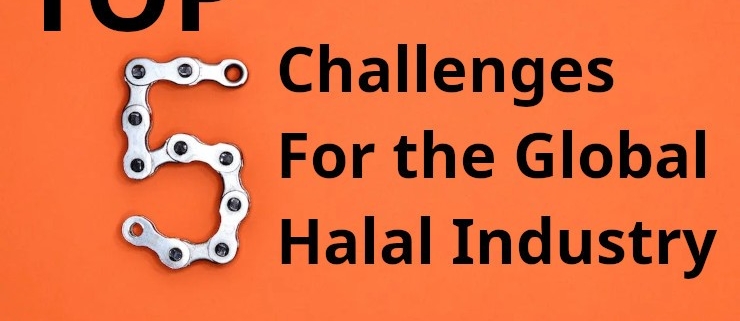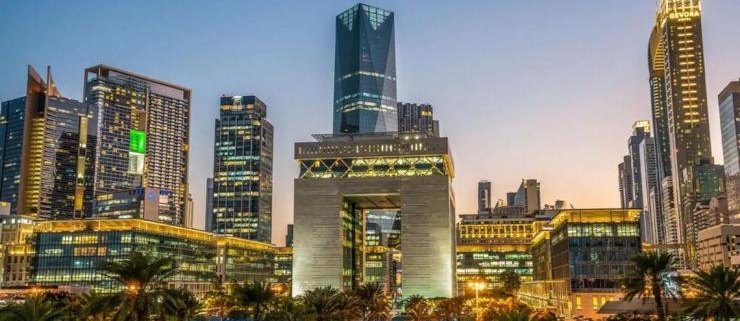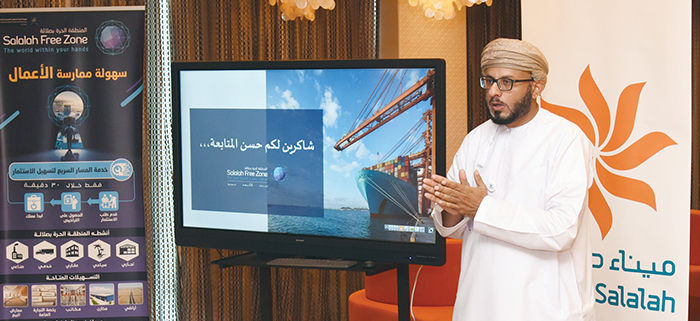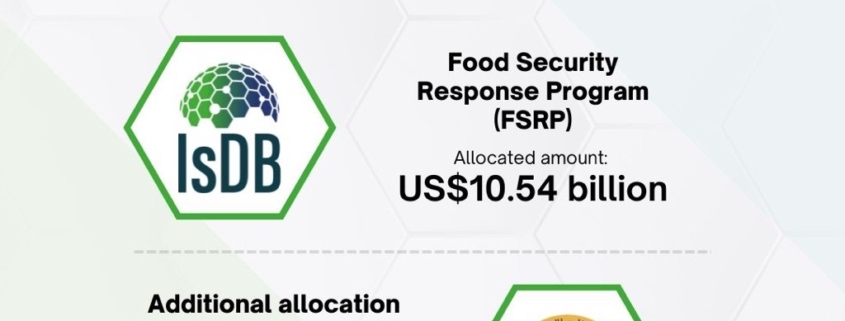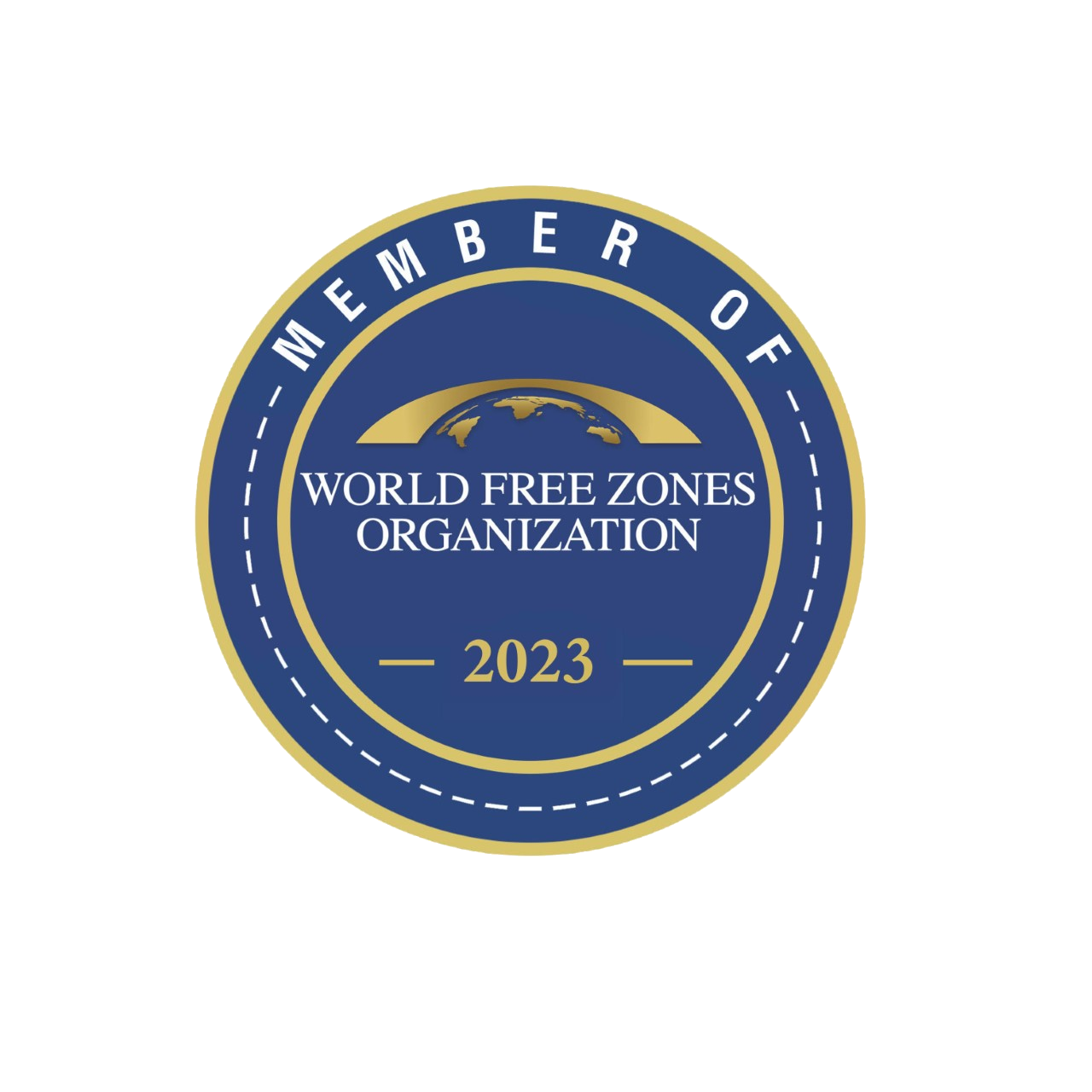By Dr Dalal Aassouli
The financial industry can play a critical role in building a stable and prosperous economy when it is managed with accountability. This requires redirecting investments into economic activities that deliver a good balance between economic, environmental and social objectives in order to promote human well-being and mitigate global challenges such as climate change, biodiversity loss, or inequalities. Many analysts are now taking a closer look at a ‘green economy’, which promotes economic growth while also achieving sustainability objectives.
The 2030 Sustainable Development Goals (SDG) agenda and the Paris Agreement on Climate Change were two major turning points in advancing global action to promote the transition to a green economy and tackle climate change. Their implementation has contributed to the growth of environmental awareness and embedding sustainability in the financial industry, suggesting a paradigm shift in the way financial intermediation is conducted and monetary transactions are structured. In turn, new investment products and financial instruments labelled as green, climate-related or sustainable and responsible were developed. Among them are green bonds and green and Sustainable and Responsible Investment (SRI) sukuk.
Challenges and Opportunities in Implementing the SDGs
The United Nations Development Programme (UNDP) estimates a $2.5 trillion annual gap for achieving the SDGs while the implementation of renewable energy solutions requires an additional net investment of $1.4 trillion, or about $100 billion per year on average between 2016 (when the SDGs were adopted) and 2030 according to the International Renewable Energy Agency (IRENA).
On the other hand, a recent report by the Global Commission on the Economy and Climate highlights that the transition to a low-carbon, sustainable approach to growth could lead to an economic boost of $26 trillion up to 2030 and help create more than 65 million new jobs.
This rising awareness has promoted the development of new asset classes that could be classified under the umbrella of sustainable finance. Activities labelled under this category take into account environmental and social considerations. Other related or sub-categories include climate finance, ethical finance, responsible finance and green finance.
What is Green Finance?
The Organization for Economic Co-operation and Development (OECD) defines green finance as being finance for ‘achieving economic growth while reducing pollution and greenhouse gas emissions, minimizing waste and improving efficiency in the use of natural resources’.
For the past decade, the global green finance market has witnessed a rapid growth, with the development of financial instruments such as green labeled and unlabeled bonds; green loans; green investment funds; green insurance; and recently green sukuk. Although the first green bonds were issued in 2008, the market has significantly developed to mobilize financing for the 17 SDGs with more innovative structures, taxonomies and governing frameworks.
The Infrastructure Development Finance Company (IDFC) estimates green finance at $134 billion. According to Thomson Reuters, in 2019, a total of $185.4 billion in green bonds were issued, which are debt market instruments where the proceeds are allocated to green eligible projects that target climate mitigation and adaptation activities as well as other environmental issues involving energy, water, transport, water, waste, or construction.
Islamic Finance
Considered as an ethical, inclusive and socially responsible finance because it connects the financial sector with the real economy and promotes risk sharing, partnership-style financing and social responsibility, Islamic finance has emerged as an effective tool for financing development worldwide. This explains its increasing significance as an alternative mechanism in infrastructure financing. In an Islamic financial system, transactions must be asset-linked, which increases the financial sector’s stability, and be based on a set of Islamic legal contracts that promote profit and loss sharing. In addition, the principles of social justice, solidarity and mutuality are promoted and investments in sectors that are considered unethical are prohibited.
Islamic finance has the potential to bridge the finance gap required to achieve the SDG agenda and the transition to a green economy. This justifies its identification by participants of the third International Conference on Financing for Development in Addis Ababa in July 2015 as a promising alternative to traditional sources of funding and the recommendation for its utilization to realize the SDGs.
The Islamic financial industry comprises four key segments: Islamic banking, Islamic funds, takaful(Islamic insurance) and the sukuk market. While the four segments can contribute to financing the SDGs, the sukuk segment attracted greater attention recently with the development of green and SRI sukuk. Sukukalso enable the targeting of a wider, global investor base comprising both conventional and Islamic investors.
Sukuk
The Accounting and Auditing Organization for Islamic Financial Institutions (AAOIFI) defines sukuk as certificates of equal value representing undivided shares in ownership of tangible assets, usufructs and services or (in the ownership of) the assets of particular projects or special investment activity.
The sukuk market is one of the fastest growing segments in the Islamic financial industry with about 24.2% of the total global Islamic financial assets and new issuances amounting to $93 billionin 2018 according to the Islamic Financial Services Board (IFSB).
Often qualified as Islamic bonds, sukuk represents an innovative instrument for financing green projects. Their asset-backing requirement facilitates their link to the real economy and therefore widens the scope of environmental sectors that can be financed. In addition, sukuk can be structured in various ways using single or hybrid Islamic contracts such as agency, partnership and leasing contracts. This flexibility facilitates financial innovation in addressing specific financing needs.
Green sukuk can contribute to achieving nine of the SDGs. These are Good Health and Wellbeing (SDG3), Quality Education (SDG4), Clean Water and Infrastructure (SDG6), Affordable and Clean Energy (SDG7), Decent Work and Economic Growth (SDG8), Industry, Innovation and Infrastructure (SDG9), Sustainable Cities and Communities (SDG11), Responsible Consumption and Production (SDG12) and Climate Action (SDG13).
We first saw the impact of sukuk in 2017 when the world’s first green sukukwas issued by Malaysian-based Tadau Energy to finance a solar power project in Malaysia. Since then, the market has developed significantly with the amount of green sukuk issuance reaching$5.38 billion at the end of 2019, representing 58 issues by nine issuers, mainly led by corporates in Malaysia and the GCC.
The green sukuk market development was also supported by the implementation of enabling frameworks such as the Malaysian Securities Commission’s SRI Sukuk Framework and the recent Indonesia green bond and green sukuk framework.
Towards Green and Blended Finance
The OECD defines blended finance as the strategic use of development finance for the mobilization of additional finance towards sustainable development in developing countries. This requires reconsidering other sources of financing while leveraging the limited public and development finance funds.
A good example to consider is Islamic social finance. The Islamic social finance sector broadly comprises traditional Islamic institutions such as zakat (almsgiving) and waqf (endowments), as well as Islamic microfinance. These segments usually target the bottom of the pyramid populations, who lack access to basic safety nets such as education, appropriate health systems, food and other basic needs.
Zakat and waqf are at the heart of the Islamic economic system as they promote the principles of social justice, solidarity, brotherhood and mutuality whereas microfinance enables small businesses that usually cannot access traditional financing modes, to access financing for small projects that generate income and therefore reduces their reliance on charity.
Zakat and awqaf institutions have played a significant role in the cultural, socio-economic and religious life of Muslims for centuries. Today, many scholars are calling for the revival of these institutions to address contemporary development challenges including environmental issues. Zakat and waqf could be used in green blended finance transactions to address several SDGs and develop inclusive green solutions for smallholder farmers, rural access to clean energy and cooking solutions, water treatment and sanitation solutions, etc.
In conclusion, the widespread transition to a green economy will ultimately require a sustained focus on continuing the growth of the global green finance market and further development of these key financial instruments as promising alternatives to traditional sources of funding.

